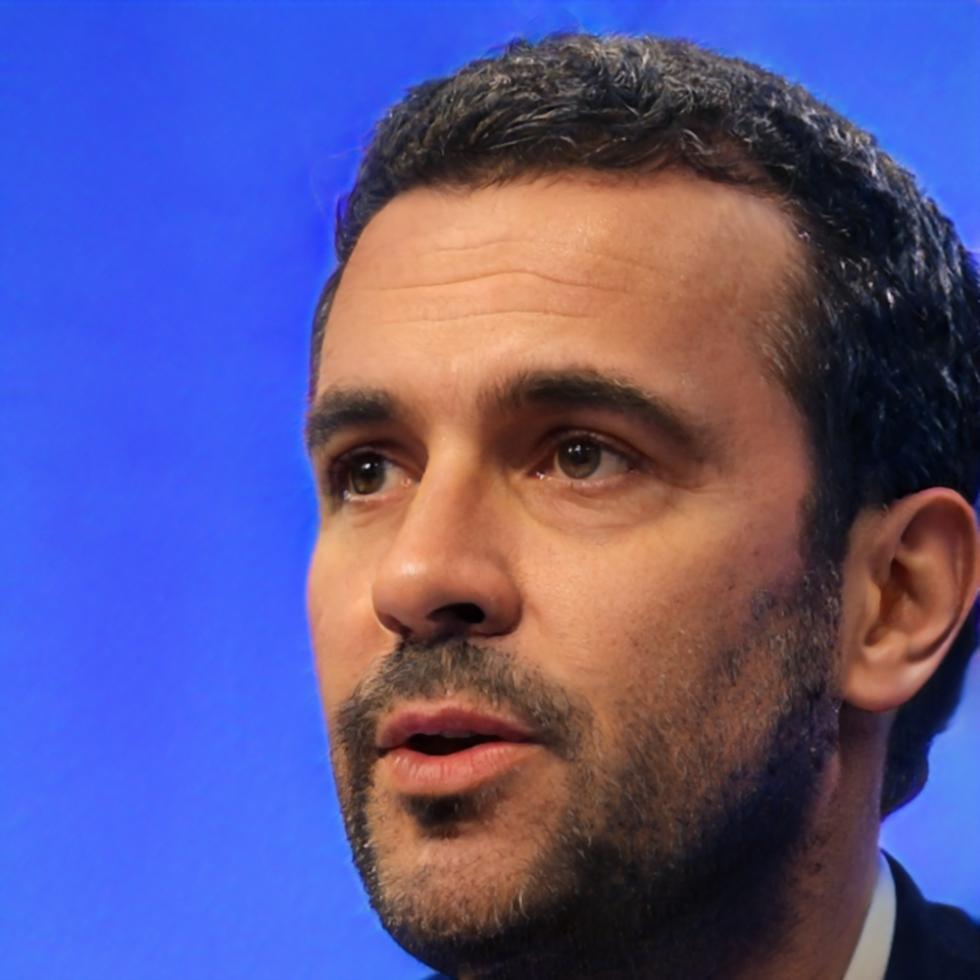How Businesses Find the Right Path
Every company faces different challenges. We help you ask the right questions to uncover what matters most for your financial decisions.
Understand Your Context
Start by mapping out where you are. Look at your current financial reporting methods and identify what's missing. Most companies realize they're drowning in data but starving for insight.
Ask Better Questions
Stop comparing apples to oranges. We teach you which metrics actually matter for your industry and how to frame comparisons that reveal meaningful patterns instead of just numbers.
Build Your Framework
Create a repeatable system that adapts to your needs. Whether you're evaluating suppliers, tracking competitors, or planning investments, the right framework makes decisions faster and more confident.

Our Journey Since 2019
We started GamonPlayHub because we saw too many businesses making decisions based on incomplete comparisons. Financial statements tell stories, but only if you know how to read between the lines.
What began as a small workshop series in Taoyuan has grown into a comprehensive learning platform. But the core mission hasn't changed—we're here to make financial analysis accessible and practical for real business situations.

First Workshop Series
Launched our initial program in Taoyuan focusing on small business owners who needed practical financial comparison skills. Twenty-three participants attended. The feedback was clear—people wanted more depth and real examples.
Digital Platform Launch
Moved our content online and expanded to include interactive case studies from Taiwan companies. This was during a challenging time when remote learning became essential, but it pushed us to develop better teaching methods.
Industry Partnerships
Began working with manufacturing and retail companies to develop specialized comparison frameworks. These partnerships taught us what actually works in different sectors—not just theory, but practical application.
Advanced Programs
Now offering specialized tracks for financial professionals, business analysts, and executives. Our fall 2025 cohort will introduce AI-assisted analysis tools while maintaining the human judgment that makes comparisons meaningful.
What's Changing in Financial Analysis
The Taiwan market is shifting. Companies can't rely on traditional financial statements alone anymore. Supply chain disruptions, currency fluctuations, and rapid digital transformation demand a more nuanced approach to comparative analysis.
We're watching three major trends that will reshape how businesses evaluate financial performance over the next two years.

Real-Time Data Integration
Annual reports are becoming outdated before they're published. Companies that can compare quarterly or monthly data across multiple businesses gain significant advantages. But this requires new skills—knowing which data sources to trust and how to normalize information that comes in different formats.
By late 2025, we expect most mid-size companies in Taiwan will need staff who can handle continuous financial monitoring. That's a different skill set than traditional accounting, and it's why our curriculum has expanded to include data literacy alongside financial analysis.
Cross-Border Complexity
Taiwan businesses increasingly work with partners across Asia and beyond. Comparing companies in different regulatory environments isn't straightforward—you need to understand context, not just numbers.
Sustainability Metrics
Environmental and social factors are moving from nice-to-have to essential. Financial comparisons that ignore ESG factors miss crucial risk indicators. We're teaching how to incorporate these into standard analysis.